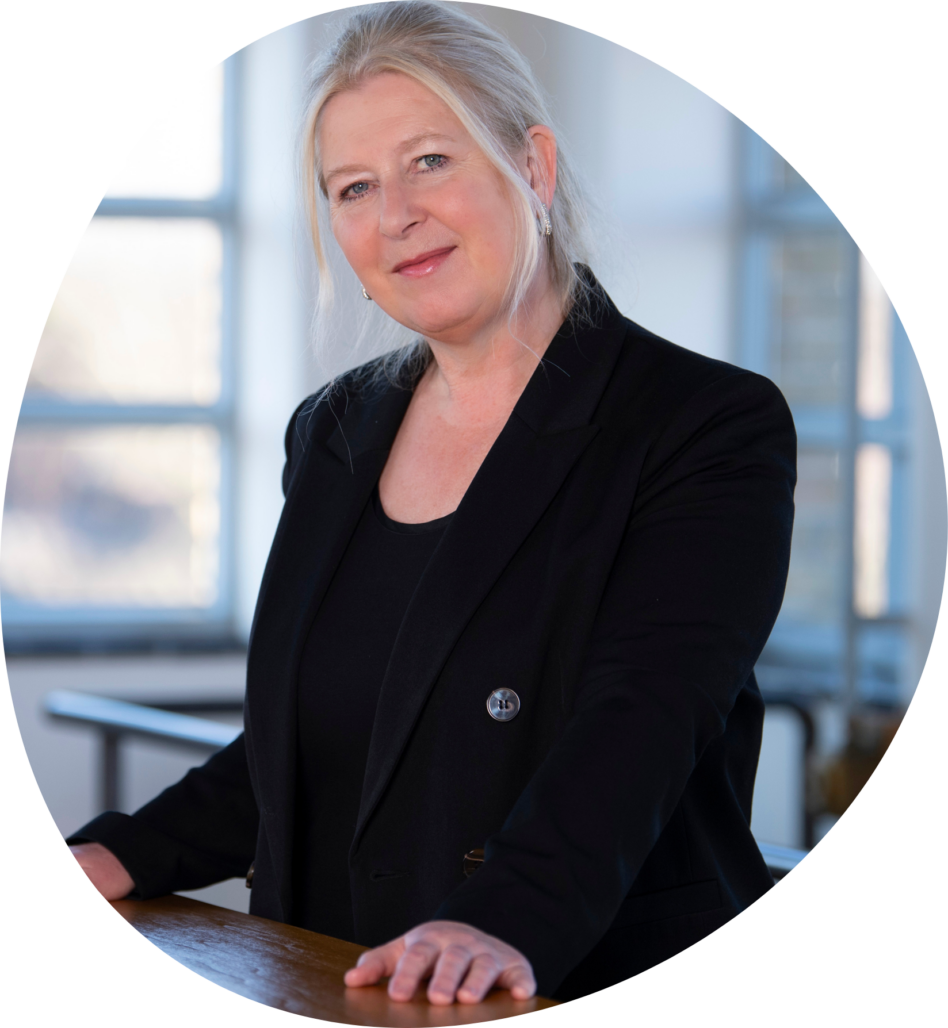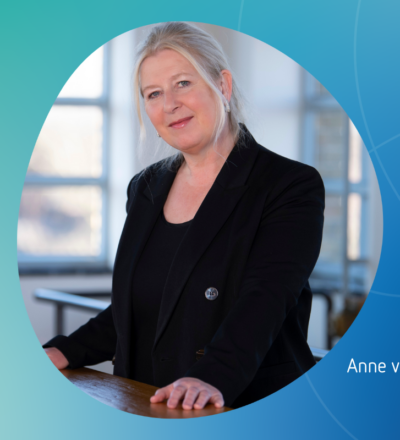When people think of the industry, they first think of the smoking chimneys. It is an iconic image, but it is no longer accurate. Contrary to what many people think, the industry in the Netherlands is busy making the transition to a clean and circular production process. I see inspired frontrunners who have been working for years on fundamental research for more sustainable technologies and methods, as well as companies applying optimization in existing processes. At ISPT, their energy leads to synergy. That gives me confidence in a sustainable and circular future where only the proverbial chimney keeps smoking. Anne van der Zwaan shares her vision on the transition.
In my time at ISPT, I have seen a shift how people think about sustainability in the industry. The effects of climate change can no longer be denied. Warnings from scientists are being taken seriously and people now recognize that they need to make more sustainable choices. The war in Ukraine and increased energy prices cause an increasing unrest. In addition to the necessary energy transition, this is creating social pressure on industrial companies to become more sustainable. This effect can be seen from the protein-transition from animal to vegetable origin to the scarcity of materials such as chips. All of these components accelerate the development of optimizing industrial processes and optimal reuse of heat through new technologies and through new forms of energy supply.
At ISPT, their energy leads to synergy.
Loss of capital
Even though sustainability has become necessary for geopolitical reasons, for business reasons and under the current social pressure, it remains a complicated and patient process. Simply replacing process lines in factories with entirely new ones is, of course, impossible. These processes and plants are built for the long term, let’s say 20, 30 or even 50 years. Replacement leads to an insurmountable loss of capital. So it will be a sustainable evolution rather than a revolution, where we have to optimize the existing process lines to the utmost while maintaining the best possible level of production. A matter of “opened due to remodeling”.
It will be a sustainable evolution, rather than a revolution
Low-hanging fruit
In part, industrial companies can still get results by picking low-hanging fruit. For example, by carefully compiling data sets, using sensors in process lines and deploying models, you can detect deviations to keep processes running as optimally as possible. Or by installing one or more heat pumps, you can upgrade heat from a process and reuse it in the process lines.
What do other ISPTers think of the transition?
“A circular economy might double our use of energy” – Kees Biesheuvel
Fundamental research
But that is not all. Because for the big strokes to be made, we need innovations based on fundamental research, often at the nano level. For example, research into the dynamic behavior of droplets in spray drying. This is a very energy-intensive step in food production processes. You want to make those less energy-intensive while maintaining good product quality. But to be able to do that, we need to understand that at the droplet level. Fundamental research is also needed for all kinds of circular issues, for example to value residual streams so that every component from a crop can be used for human consumption and even new products can be made with high-quality nutrients.
Essential industries
As diverse and microscopically detailed as the research questions may be, it is at least as important to consider how essential our industries are to the Netherlands, to Europe and to the rest of the world. How big a role do they play, for example, in feeding a rapidly growing world population, and how can we in the Netherlands best provide for that? An overarching vision is needed in a European perspective so that industry knows in which direction it can further develop sustainably and circularly.
Brokering and linking
As a brokerage and switching platform, ISPT identifies industrial questions and provides connections between essential knowledge partners and innovative SMEs. ISPT can therefore provide input for a sustainable vision of the future like no other. We bring parties together to define common issues and objectives in a joint program or project and seek cooperation with knowledge institutions and innovative SMEs to set up consortia for open innovations. The great thing is that this happens in the trust-based environment we have created: partners have built up trust in the consortium and in each other. Because parties are willing to share certain knowledge and results based on the realization that we are facing a major task that we can only tackle together. To be able to facilitate such programs and projects for a better world, I really enjoy every day.
More on Anne van der Zwaan
Anne van der Zwaan works as Programma Manager for the Drying & Dewatering program and the Mild Fractionation for Food program. “From identifying an issue, putting together a project proposal, monitoring such a dedicated project from kick-off until end results, every aspect of this road is an exciting journey.”

